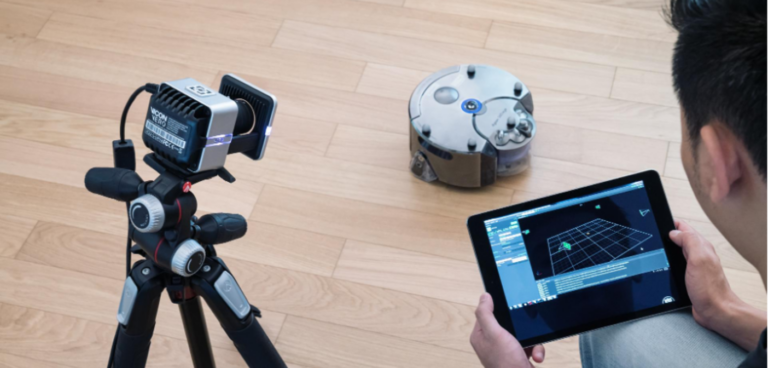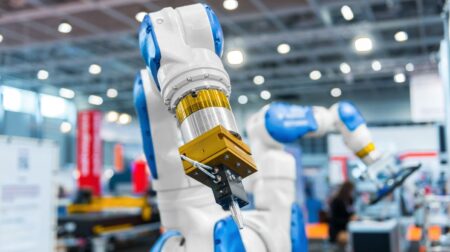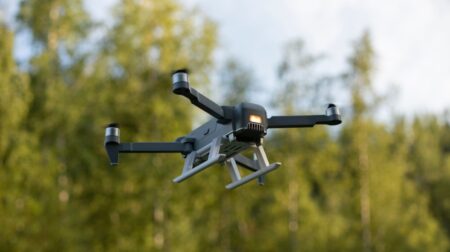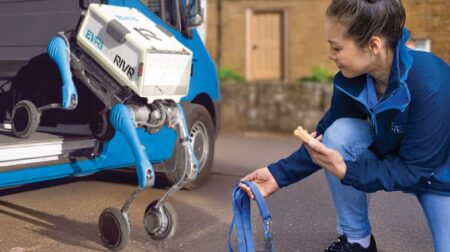British technology company Dyson is to research robotics, machine-learning and material science following the announcement of a £2.75bn funding plan for new technologies.
Over the next five years, Dyson will use the investment to aid development of safer, cleaner, longer-lasting and more efficient energy storage than existing batteries at sites in the UK and Southeast Asia.
Hullavington Airfield in the UK – originally intended as the test facility for Dyson’s abandoned electric car project – will be home to the company’s advanced robotics research and AI development.
Furthermore, a dedicated software hub will be created in Alabang, Philippines, building on the company’s Philippines Advanced Manufacturing facility in Calamba. Dyson said the new software lab will accelerate the development of machines that solve problems intelligently.
The company will also expand its R&D facilities and research labs in Singapore at a new global head office complex located at St James Power Station, with a focus on machine learning and robotics.
Roland Krueger, Dyson CEO, said: “Now is the time to invest in new technologies such as energy storage, robotics and software, which will drive performance and sustainability in our products for the benefit of Dyson’s customers.”
Dyson also intends to establish a new university research programme in Singapore to drive product development.








